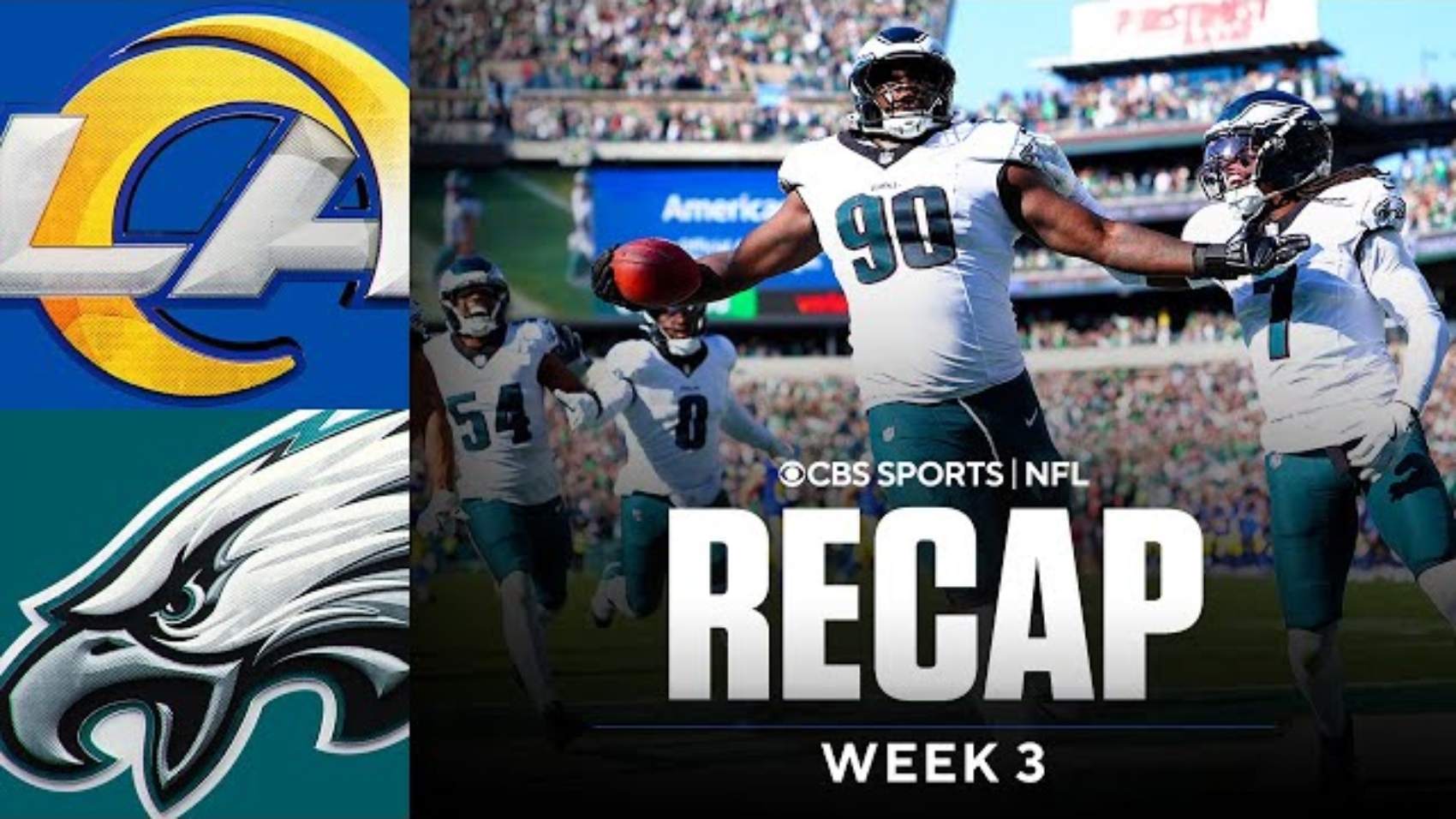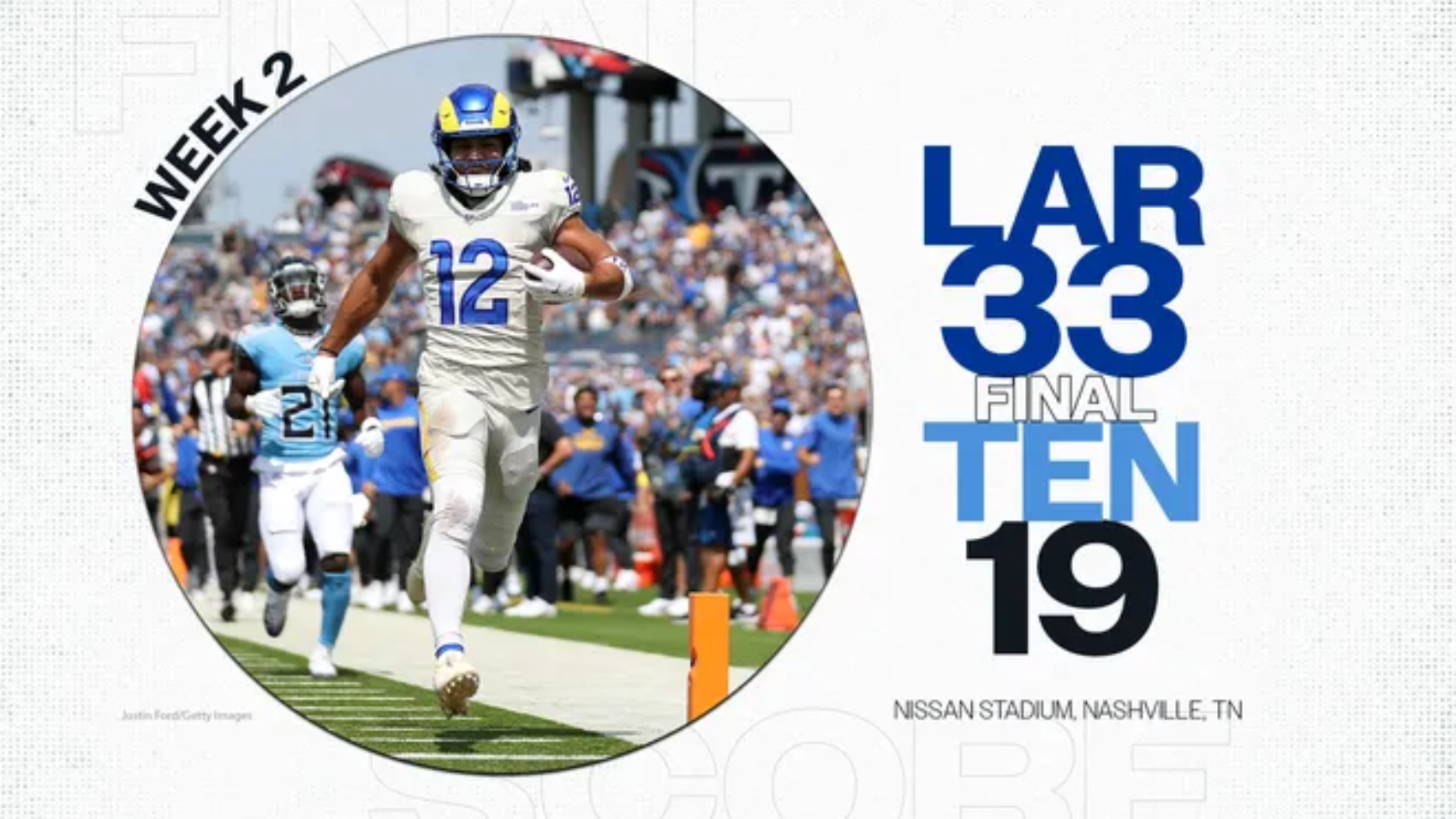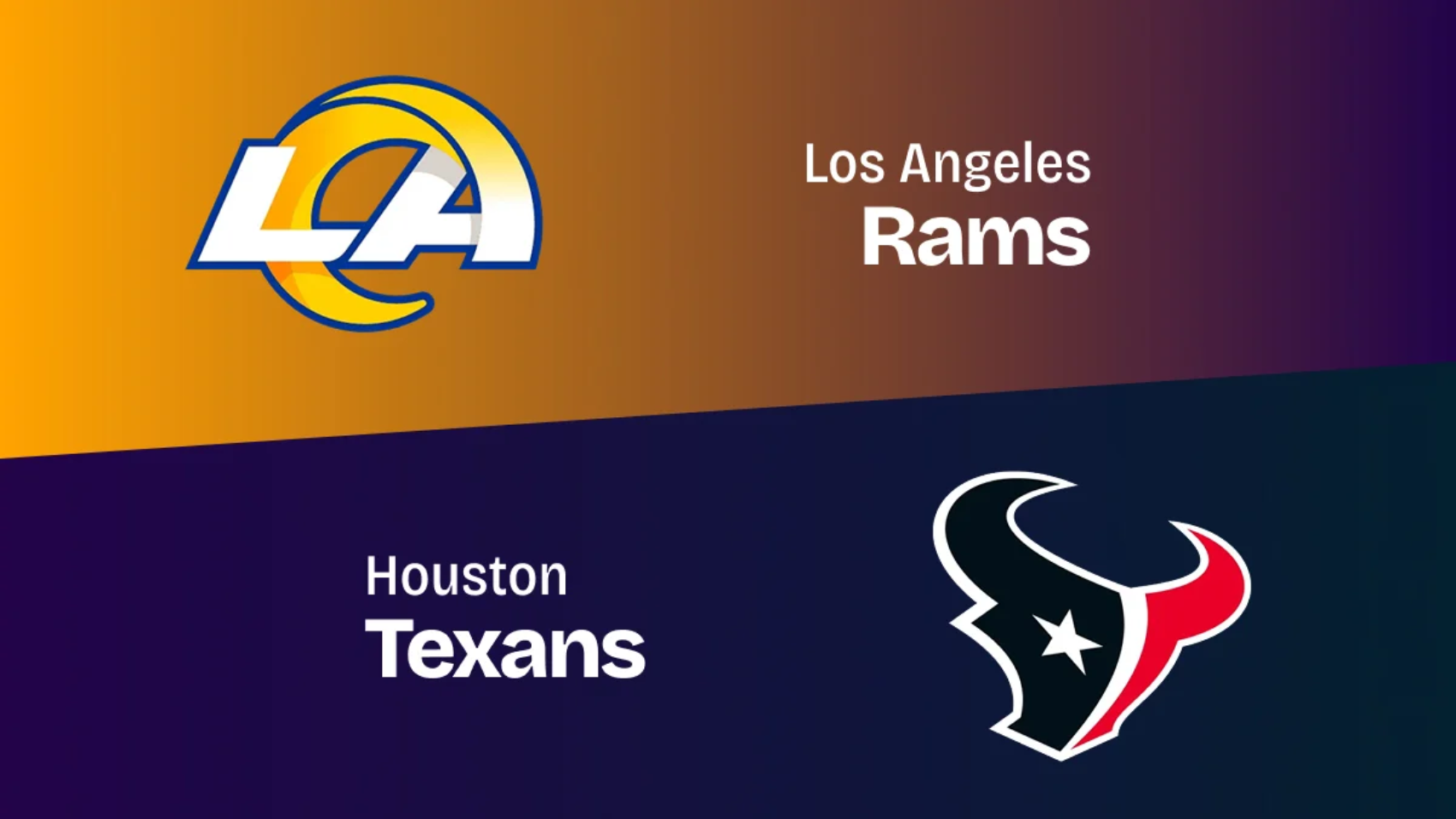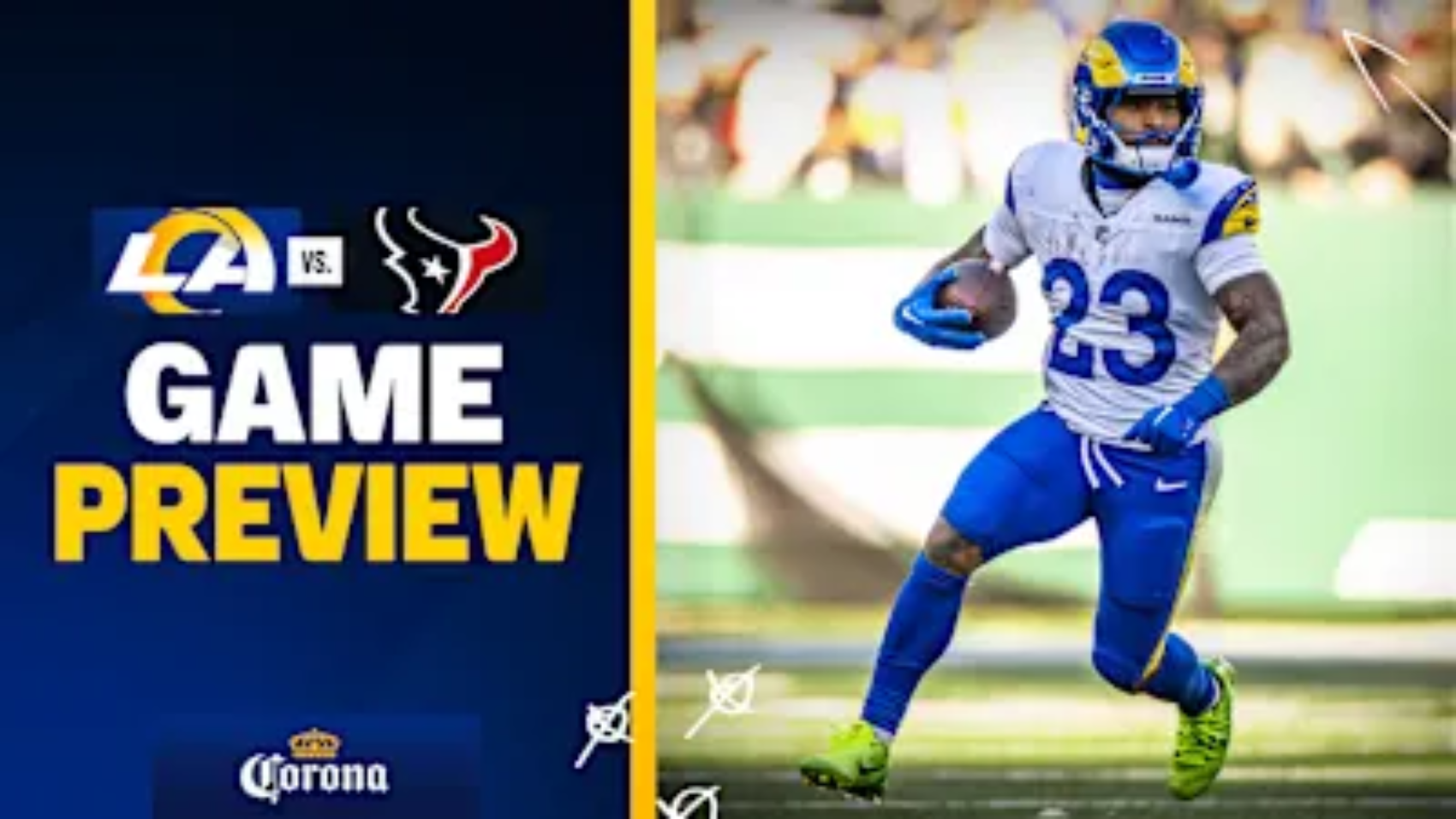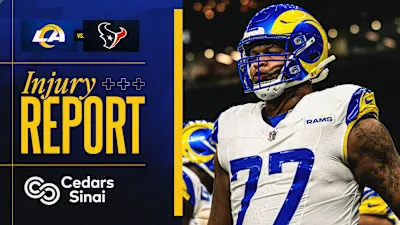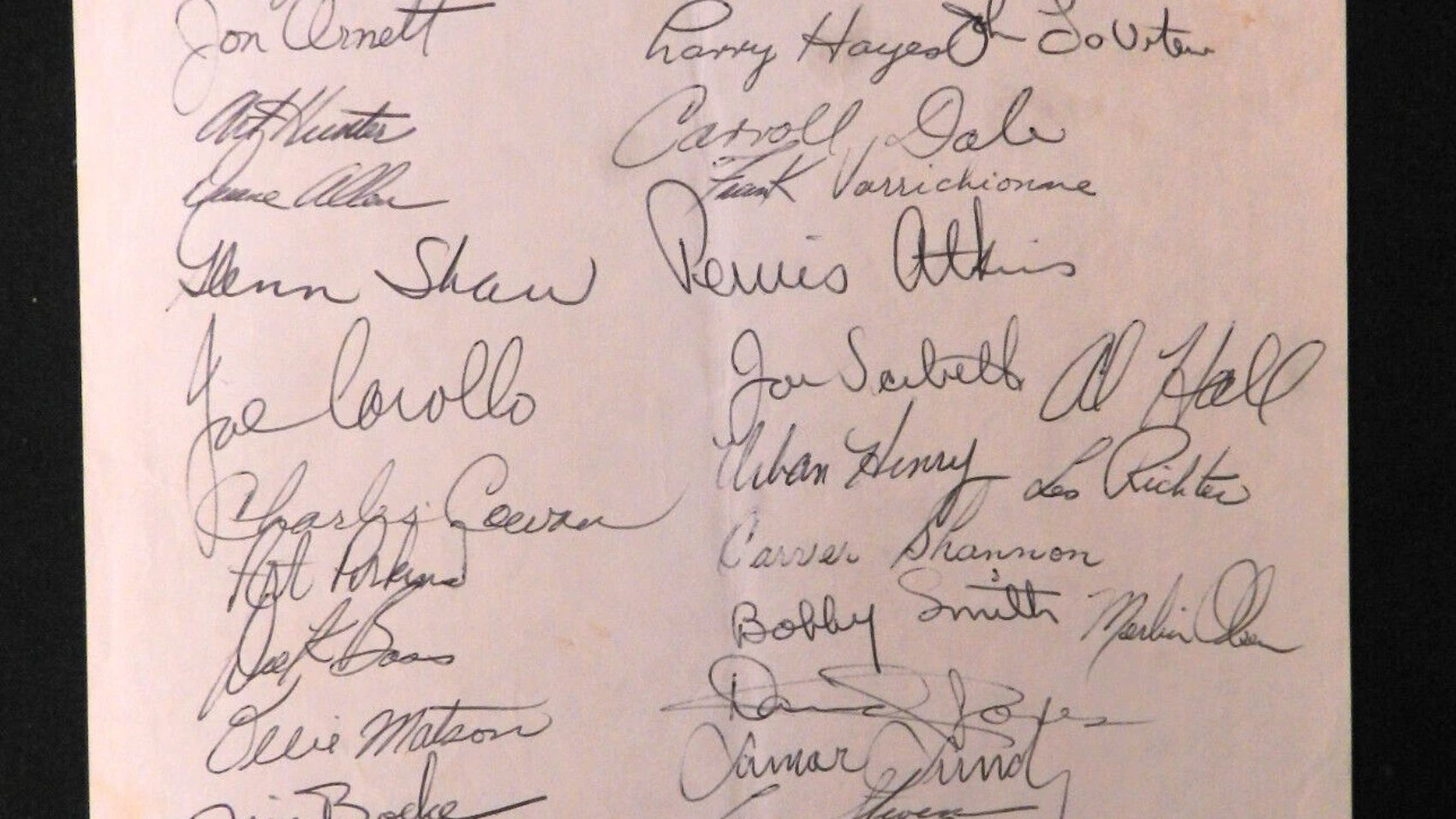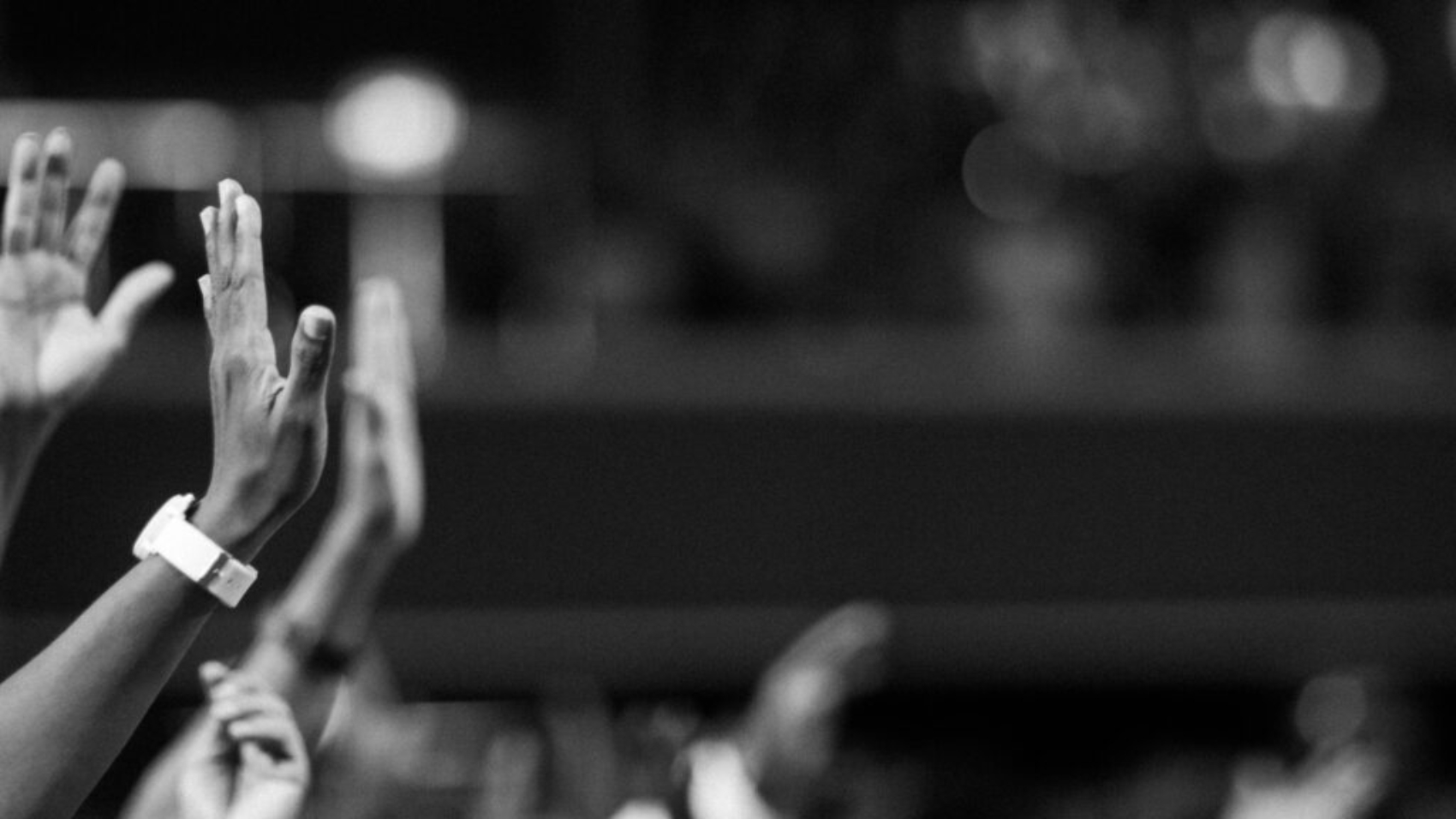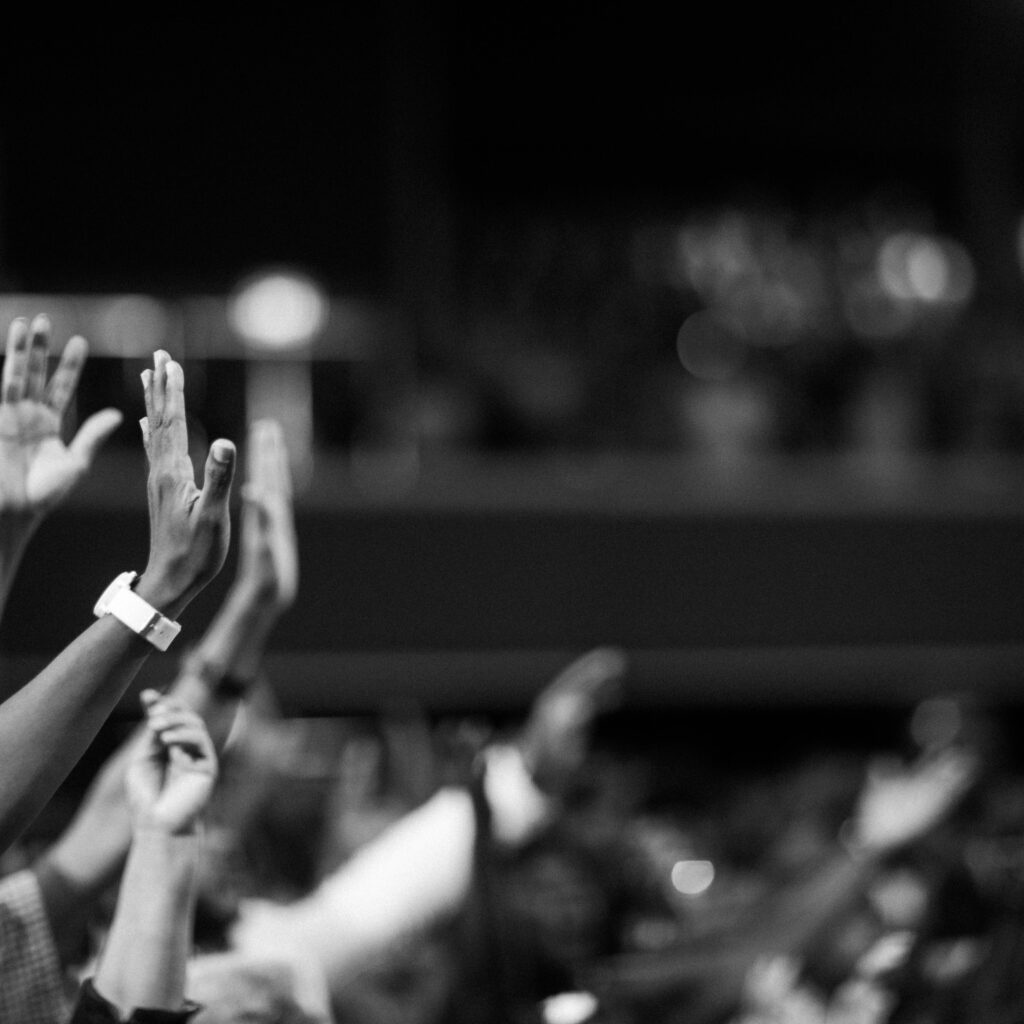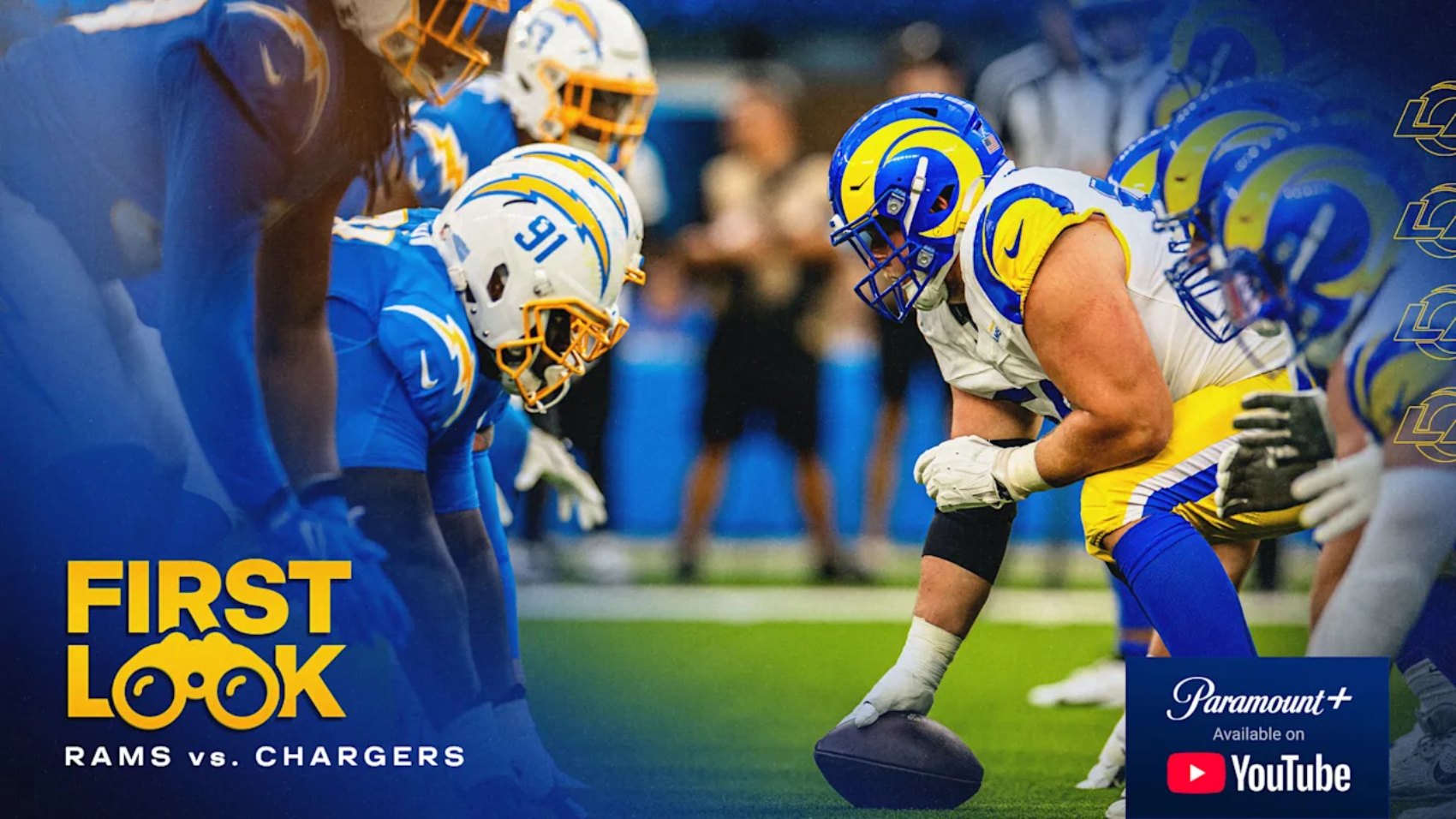In a game that will be remembered as much for what didn’t happen as for what did, the Los Angeles Rams staged a dramatic comeback over the Indianapolis Colts on Sunday, September 28, 2025, at SoFi Stadium in Inglewood, California, claiming a 27-20 victory and ending the Colts’ perfect start to the season. While the scoreboard remained tight, the Rams controlled large stretches of the game, showcasing an opportunistic defense and a high-powered offensive finish.

The matchup turned on a crucial miscue by Colts rookie wide receiver Adonai Mitchell. Early in the third quarter, with the Colts trailing 13-10, Mitchell caught a deep pass from quarterback Daniel Jones and raced downfield, seemingly en route to a 76-yard touchdown that would have put the Colts ahead. But as he neared the end zone, Mitchell extended the ball prematurely and fumbled at the 1-yard line. The ball went out of bounds in the end zone, resulting in a touchback under NFL rules, giving possession to the Rams at their own 20-yard line. What could have been a momentum-shifting score instead turned into a turning point favoring Los Angeles. Mitchell, visibly frustrated, later called the error “unacceptable” and admitted it was a lapse in focus.
The Rams seized the moment in the fourth quarter, orchestrating two late touchdowns in just over three minutes to take the lead. Puka Nacua caught a 9-yard pass from Matthew Stafford to tie the game at 20-20, capping a career-high 170 receiving yards for the standout wideout. Then, with 1:33 left, Stafford launched an 88-yard touchdown pass to Tutu Atwell, his first touchdown of the season, putting the Rams ahead for good. Safety Kam Curl bolstered the win with two interceptions, including one with under a minute left to seal the victory, underscoring the Rams’ clutch defensive performance.
Matthew Stafford finished with a personal best 375 passing yards and three touchdowns, reaffirming his status as the Rams’ offensive engine. Nacua’s career day and Atwell’s game-winning score highlighted the depth and explosiveness of Los Angeles’ receiving corps. On the Colts’ side, Daniel Jones completed 24 of 33 passes, while rookie tight end Tyler Warren scored his first career rushing touchdown on a short fourth-down run. Running back Jonathan Taylor continued his strong season start, though Indianapolis was hampered by 11 penalties and three turnovers, compounding the impact of Mitchell’s fumble.
Injury concerns also played a role. Colts guard Matt Goncalves (toe), cornerback Kenny Moore II (Achilles), and wide receiver Alec Pierce (concussion) were ruled out, while Rams wideout Nacua briefly left the game with a thumb injury before returning.
The victory improves the Rams to 3-1, setting up a Week 5 showdown against the San Francisco 49ers on Thursday, October 2, at SoFi Stadium. The Colts, now 3-1, will look to rebound as they continue a challenging stretch of the schedule.
This Week’s “On The Rampage” coverage highlights how a single misstep—a fumble at the goal line—can shift momentum, even in a game dominated in many ways by one team. For fans, the Rams’ late-game resilience and Stafford’s pinpoint passing provided an electrifying finish, while Indianapolis is left to wonder what might have been.
Rams vs. Colts – Game Flow Timeline (Week 4, 2025)
1st Quarter
- Rams and Colts trade early drives with no score.
- Daniel Jones connects with Davante Adams for a key first-half TD late in the quarter to give Colts a lead.
2nd Quarter
- Colts rookie TE Tyler Warren punches in a 2-yard rushing TD on 4th down.
- Jonathan Taylor rumbles for a 53-yard run, but a holding penalty negates the score.
- Score at halftime: Colts lead 13-10.
3rd Quarter
- Critical turning point: Adonai Mitchell fumbles near the goal line on a 76-yard reception → touchback to Rams.
- Colts struggle to capitalize on momentum, Rams begin building defensive pressure.
4th Quarter
- Rams quarterback Matthew Stafford finds Puka Nacua for a 9-yard TD, tying the game at 20-20.
- With 1:33 left, Stafford launches an 88-yard TD strike to Tutu Atwell, giving the Rams the lead.
- Safety Kam Curl secures victory with an interception at 53 seconds left.
Final Score: Los Angeles Rams 27, Indianapolis Colts 20
Key Stats:
- Matthew Stafford: 375 passing yards, 3 TDs
- Puka Nacua: 13 receptions, 170 yards, 1 TD
- Daniel Jones: 24/33 passes, 0 TDs in 2nd half
- Rams: Opportunistic defense, 2 INTs by Kam Curl
Outcome: Rams improve to 3-1; Colts fall to 3-1. Next game: Rams host 49ers (Oct. 2).
Key Plays & Takeaways – Rams 27, Colts 20
1. Critical Fumble Costs Colts
- Colts WR Adonai Mitchell fumbled at the 1-yard line on a potential 76-yard touchdown early in the third quarter.
- Ball went out of bounds in the end zone → touchback awarded to Rams.
- Turned a potential 16-13 lead into zero points for Indianapolis.
2. Rams Fourth-Quarter Rally
- Puka Nacua ties the game with a 9-yard TD reception (career-high 170 yards).
- Matthew Stafford connects with Tutu Atwell on an 88-yard TD pass with 1:33 remaining to secure the lead.
3. Defensive Heroics
- Rams safety Kam Curl records two interceptions, including one with 53 seconds left to seal the win.
- Daniel Jones records first turnovers of the season, a key factor in the comeback.
4. Offensive Standouts
- Stafford: 375 passing yards, 3 TDs – personal best as a Ram.
- Nacua: 13 receptions, 170 yards, 1 TD.
- Colts’ Tyler Warren: first career rushing TD on a 2-yard fourth-down run.
5. Penalties and Missed Opportunities
- Colts: 11 penalties and 3 turnovers, including a negated 53-yard Jonathan Taylor TD due to holding.
- Rams capitalized on mistakes and executed under pressure in crunch time.
6. Injuries & Returns
- Colts out: Matt Goncalves, Kenny Moore II, Alec Pierce.
- Rams: Puka Nacua briefly leaves with thumb injury, returns to finish career day.
7. What This Means
- Rams improve to 3-1; Colts fall to 3-1.
- Next up: Rams host 49ers (Week 5, Oct. 2).




